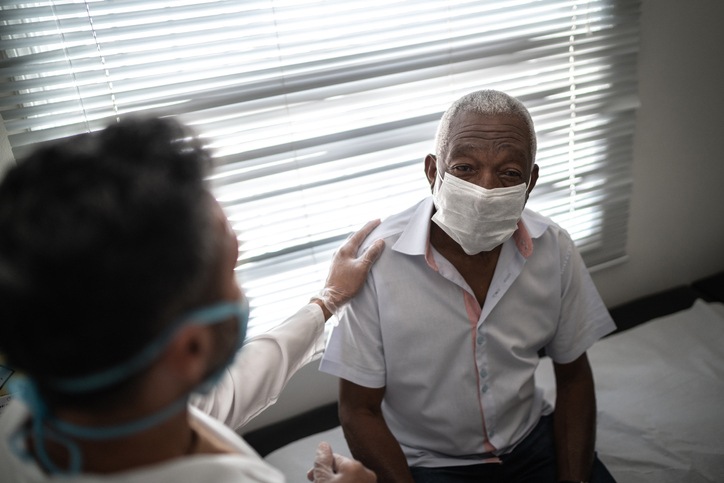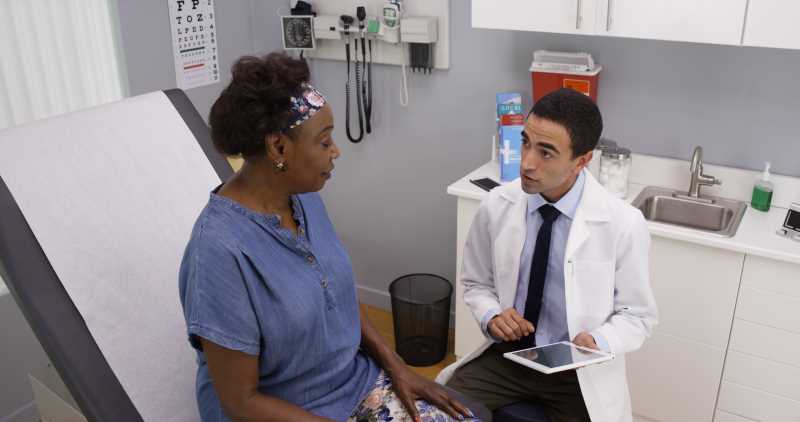
Women, racial minorities—notably Black patients—and older patients are underrepresented in immune checkpoint inhibitor (ICI) clinical trials, according to a study presented during the 2021 ASCO Annual Meeting.
The study authors queried the Medline and Embase databases to identify ICI trials conducted between 2009 and 2020, collecting trial characteristics and proportion of trials reporting race, age, and sex, as well as the proportion of patients by race, age, and sex, enrolled in ICI trials. They used enrollment incidence disparity (EID) and enrollment incidence ratios (EIR) to identify disparities in representation, comparing enrollment in clinical trials to population-based estimates.
A total of 108 ICI trials comprising 48,360 patients were identified. All 101 randomized, clinical trials reported sex. Seventy-eight trials reported race (72%); of these, 41 (38%) reported data on all five U.S. racial categories.
Trials were more likely to report participation of white patients (72%) than any other race, including Black (61%), Asian (64%), Native American/Pacific Islander (38%), and Hispanic (22%). Eighty trials (74%) reported the proportion of patient by age categories, which the authors noted “were inconsistently defined.”
Subgroup analyses reported outcomes by race (22%), age (79%), and sex (73%). Underrepresentation of women, older patients, and Black and Hispanic patients was observed, while overrepresentation of Asian patients was noted. Underrepresentation of Black patients was observed across all cancer types, while women, older patients, and Hispanic patients were underrepresented in the majority of cancer types studied.
“There is both suboptimal reporting about participation and underrepresentation of women, racial minorities (particularly Black patients), and older adults in ICI trials as compared to their cancer incidence,” the study authors concluded.







 © 2025 Mashup Media, LLC, a Formedics Property. All Rights Reserved.
© 2025 Mashup Media, LLC, a Formedics Property. All Rights Reserved.